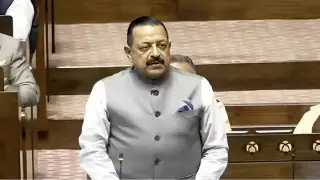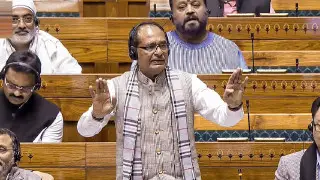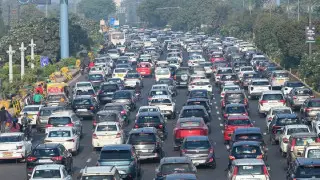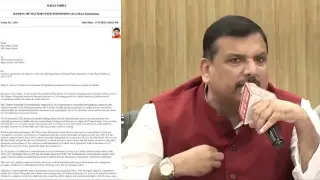
Protesting doctors (ANI)
The Supreme Court of India, led by Chief Justice DY Chandrachud, on Monday addressed the ongoing protest by doctors at Kolkata's RG Kar Medical College and Hospital, following the rape and murder of a junior doctor. The court has emphasized that while protests are valid, they cannot come at the cost of public duty.
During the hearing of the suo moto case, the apex court stated that if the protesting doctors do not return to work by 5 pm tomorrow, the West Bengal government will have the right to take disciplinary action against them. However, if they return within the given time frame, no punitive measures will be imposed.
CJI Chandrachud stated, "We want to ensure that doctors resume work, and we will provide them with safety and security. However, they must join their duties. If the doctors report for duty by 5 pm tomorrow, no adverse action will be taken." He also mentioned that punitive transfers and other actions, as highlighted by senior advocate Kapil Sibal, would be avoided, according to Live Law.
The CJI's comments came after the doctors' legal representative requested three days for the doctors to return to work. The Chief Justice, however, was firm in giving only two days for them to rejoin. He remarked that the doctors, while concerned for their safety, should not overlook the needs of the community they serve.
In response to concerns raised by the doctors, the court directed the West Bengal government to take immediate steps to ensure their safety. This includes enhancing security measures like the installation of CCTV cameras and the provision of restrooms for both male and female doctors at government hospitals. District collectors and police chiefs have also been instructed to oversee these developments to create a safer work environment for healthcare professionals.













Copyright © 2025 Top Indian News
